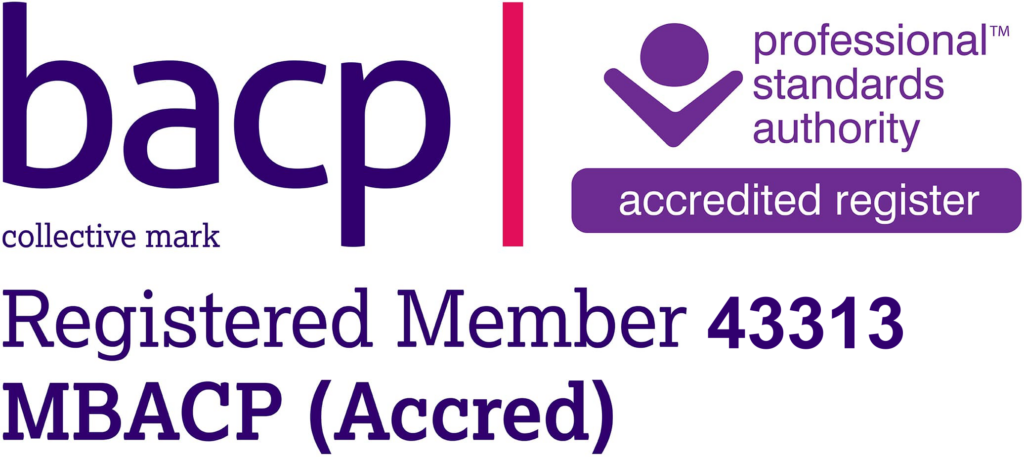Social anxiety disorder is an intense fear of being judged by others. It’s an almost paralysing anticipation of being embarrassed or humiliated by something you yourself say or do. It can result in acute physical reactions such as trembling, sweating, palpitations, stammering and even panic attacks.
It’s far more than shyness. We can all get nervous talking to a boss or making a presentation, but social anxiety disorder makes everyday tasks like going shopping or even going out of the house, completely nerve-wracking.
If this is you, then it can help to challenge your thoughts. For example, if you’re sure that ‘people will think I’m strange or weird’, the first thing is to notice what you are thinking. That can be tricky, for habitual thoughts happen virtually automatically, as if they were travelling down a well-worn groove.
Then consider the thoughts themselves logically (you may need to do this later, after the actual event):
Is what you’re thinking true?
How do you know that it’s true?
When you imagine what people will think, who exactly are ‘people’? Perhaps it’s just one person who has particularly ‘triggered’ you? Is there a logical reason why you might be particularly bothered what they think?
How do you know what they are thinking?
See if your thoughts fall into any of the following categories – mind reading, fortune telling, catastrophising or personalising (these terms come from cognitive therapy (CBT)).
Mind reading is where you believe that you know what other people are thinking, in particular that you know what they think about you. And of course that’s negative.
Fortune telling is where you predict the future and feel sure that what you predict will come true. Again, what you predict is inevitably bad.
Catastrophising is what it sounds like – getting things wildly out of proportion and imagining that something terrible is going to happen – for example, that after a small disagreement you think that your partner will leave you.
Personalising is where you imagine that other people are thinking about you or talking about you – that you are the central focus for them. Even when they are actually entirely uninterested.
For more details on social anxiety disorder, see this article in Help Guide. If you think you are suffering from social anxiety disorder, there is a support site called Social Anxiety UK which is helpful and let’s you know you aren’t alone. Meditation, or controlled breathing can also be useful. As can steering clear of stimulants and adopting a healthier lifestyle with enough sleep, good food, and limited alcohol intake.
Finally, if your anxiety is causing you great stress, therapy may help. In the first instance, simply sharing how you feel to a counsellor will be a relief. Then as you go deeper with your counsellor, working through negative thinking patterns (like those above) can be very beneficial. Therapy can also help you explore the deeper causes of your social anxiety and examine their place within your life as a whole.
For more details about therapy or to book a first session, please get in touch.


